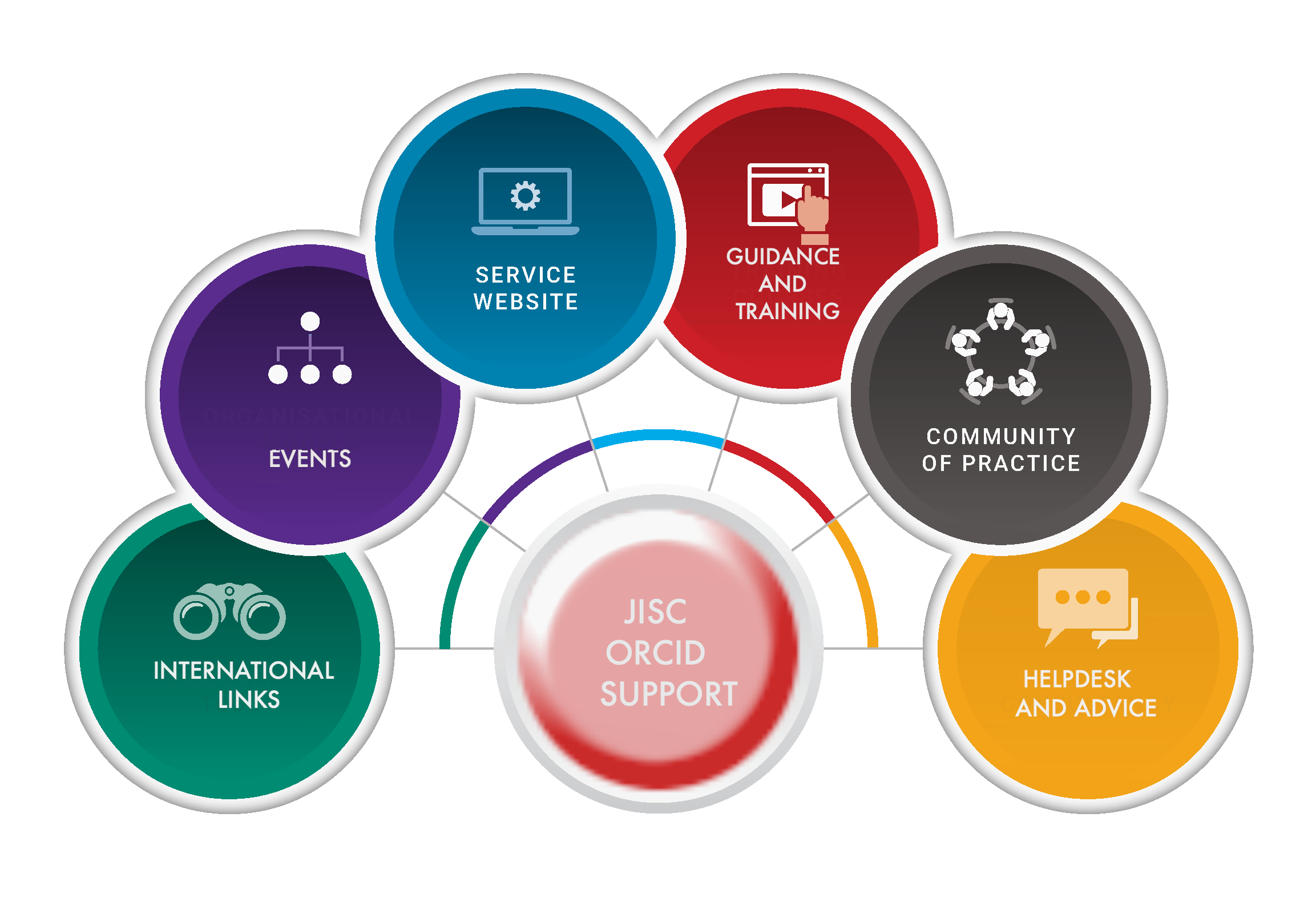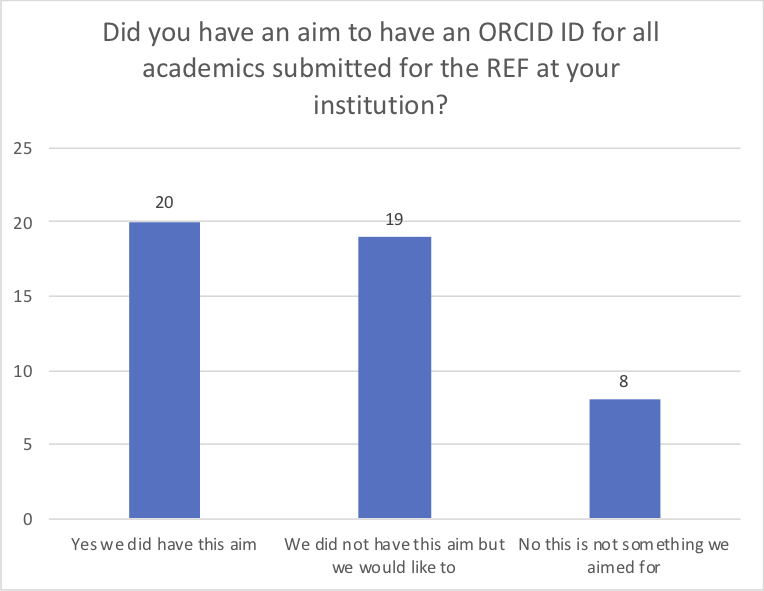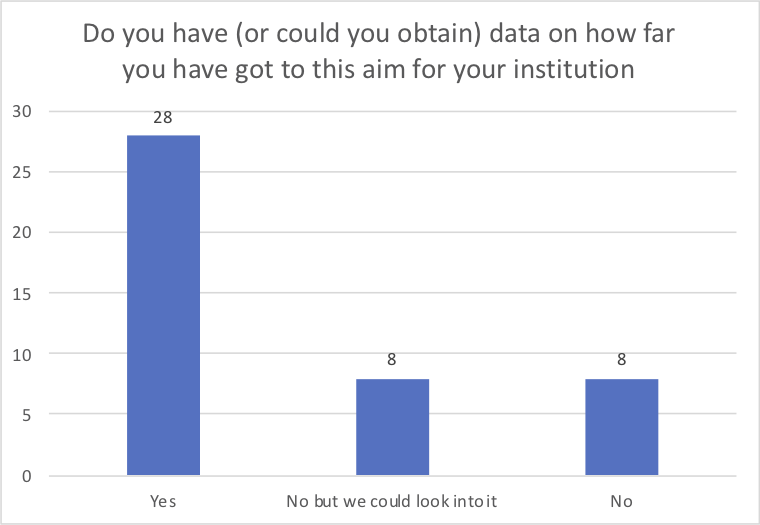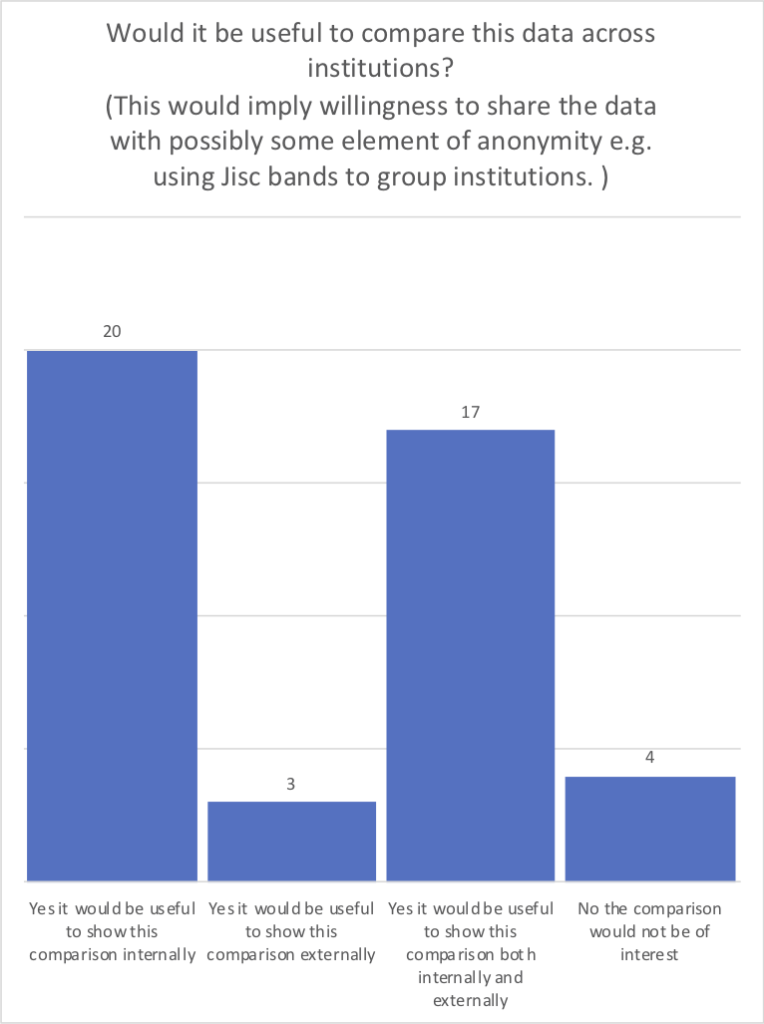UK ORCID community 2021 launch meeting

Overview
The UK ORCID consortium’s first community members’ event of 2021 was also the first event after submissions for REF 2021. As such, it was a good opportunity to take stock of the role that ORCID iDs had (or hadn’t) played in REF preparations and what lessons could be learned for the future. In this post, Kathryn Smith from the Jisc ORCID Support team reflects on the event:
The event began with updates from Monica Duke from Jisc and Paloma Marín-Arraiza from ORCID about ORCID and consortium developments. There was also a talk from Christopher Brown about Jisc’s PIDs for Open Access project.
The topic of lessons from the REF was introduced by three talks from consortium members. Kirsty Wallis from UCL discussed the importance of infrastructure and the linking of ORCID iDs and other persistent identifiers. Kate Russell from the University of Plymouth talked about Plymouth’s successful REF readiness ORCID advocacy campaign. And Angela Crawford from Loughborough University talked about both the advocacy and systems development work that went into preparation for REF 2021 and beyond.
In addition to the talks, there was considerable contribution from the event attendees, and in this first event of 2021, there was a lot to discuss. Below are some highlights of the lively conversation that occurred in the event chat. There were plenty of challenges identified but also lots of good practice and advice shared.
Benchmarking
Inspired by a member query, Jisc posed some questions about whether institutions had the aim of an ORCID iD for all academics submitted to the REF, whether there was data available to say how far this aim had been met and whether there would be interest in comparing this data across institutions. Most respondents indicated that their institution did have this aim (or would have liked to have done), that there was data available and that being able to compare this information across institutions would be useful.



However, there was also agreement of the need to move beyond simply asking researchers to get an ORCID iD, to encouraging researcher engagement with the potential for ORCID iDs to allow information to flow through systems. The subsequent discussion covered the current challenges for institutions around getting information about their researchers’ ORCID iDs and some ideas about what may help.
Advocacy and researcher engagement
Inductions for postgraduate researchers and new academic staff are a good point to let people know about ORCID iDs and postgraduate and early career researchers are particularly receptive to learning about them.
But, whilst advocacy is an important part of engaging with researchers, it is not enough on its own. Systems need to work together and for researchers so that they don’t need to enter the same information in multiple places and so that there are smooth transitions as they move between institutions. Research support staff are already doing great work to make these things happen, but there are areas that could be improved.
Integration
Integration of ORCID iDs with university systems is crucial and without it, it is difficult to fully engage researchers beyond getting them to simply register for an ORCID iD. This is not always seen as a priority in institutions and managing integration mapping can be a real challenge for small teams with little resource to devote to it.
Affiliation
Affiliation information in ORCID iD records can help information flow through systems but start and end dates are very important to being able to identify researchers’ current affiliations. End dates for contracts in universities can be problematic. There are many researchers employed on temporary contracts that are subject to a lot of change.
Multiple and shared ORCID iDs
The difficulties in identifying affiliated researchers can also be compounded by researchers with multiple ORCID iDs or even groups of researchers sharing an ORCID iD. Even though you cannot register multiple ORCID iDs to one email address, there are still many scenarios that enable researchers to obtain more than one ORCID iD (and for them to share them).
Prototype search tool
The UK ORCID consortium community members identified many of the ongoing challenges associated with maximising the potential of ORCID iDs within institutions, but they also provided each other with lots of information and support. As well as tips and offers of help with systems integration, there was also lots of discussions about the Prototype search tool, (AKA The Powerful Chamber!) the community-developed tool that helps institutions identify affiliated ORCID iDs.
Teams
This kind of peer-to-peer community support can now extend beyond discussion at events, as the UK ORCID consortium is launching a new Teams site. This will be a place for members of the consortium to continue their conversations and share their problems, expertise and experience with the community.
In Summary
It was great to see the enthusiasm from the UK ORCID consortium members in this first workshop of 2021 and this will surely be repeated in the upcoming events in the series.
The recording and all slides are available from the event page. The recording with time markings for each part of the agenda is available on YouTube.
